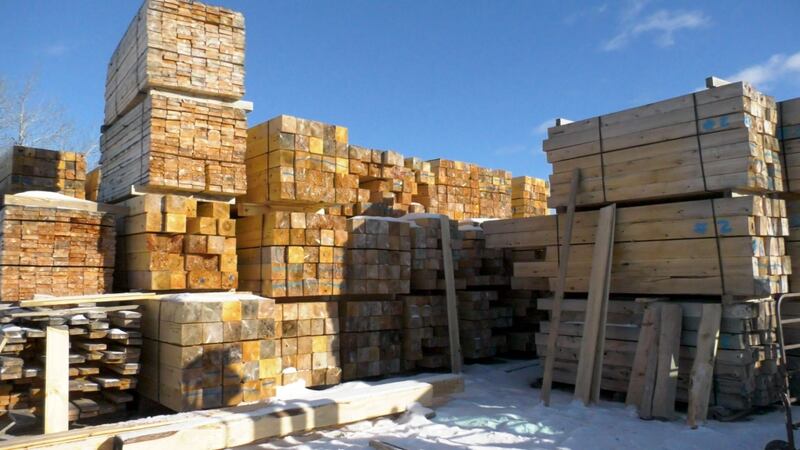Ontario Premier Doug Ford says he will use every tool at his disposal to manage the threat of tariffs from incoming U.S. President Donald Trump.
Speaking Friday on Newstalk 580 CFRA's The Morning Rush with Bill Carroll, Ford reiterated that he would pull the plug on the electricity Ontario supplies to Michigan, New York and Wisconsin should Trump follow through on his threat to impose a 25 per cent tax on all products entering the United States from Canada.
"We don't know what type of goods. It's going to happen, January 20th or 21st," said Ford. "He's been very clear."
"When you're under attack and you have to protect Ontario jobs and Canadian jobs, I'll use every tool in our toolbox to protect our country and protect our province."
Ford says Ontario energy is used to power 1.5 million U.S. homes and says the last thing he wants is a trade war.
"Who has the energy they need? Ontario has the energy. So, you have to go with your strengths. You never roll over and be weak," Ford added.
In Renfrew, Ont., Bell Lumber sends roughly a quarter of its product to the United States, and fears what it would mean for business if a 25 per cent tariff were to be imposed.
"It'll have a pretty big impact on our business," said co-owner Robert Bell.
"We can't absorb that 25 per cent. And I can't see our customers willing to pay that extra per centage. So, it'll have a big impact on our business here."

In an interview with CTV News Friday, David Cohen, the U.S. ambassador to Canada said although there is tension in the air, he's not that "worried," citing the close relationship between the countries.
"At the end of the day, our trading relationship, our personal relationship, our defence and security relationship are bigger than any one president or one prime minister. They are bound together by culture, values, (and) by personal relationships," Cohen said.
Cohen says the current scenarios are "hypothetical."
"I think these things will work themselves out. What you see playing out today in the media, of a hypothetical statement of, 'When I'm going to take office, I'm going to impose a 25 per cent tariff,' followed by a hypothetical statement by a premier that 'I'm going to withhold energy,' and a hypothetical statement by other officials in the Canadian federal government that 'we will have no choice but to impose retaliatory tariffs,'" Cohen added.
"I think everyone needs to distinguish between the public statements that are taking place at this time, before Donald Trump is even president of the United States, and watch the way this plays out, (and) the dialogue that occurs. At the end of the day, I remain confident that our relationship will remain as close as it's been, as comfortable as it's been, and as important as it's been to both Canada and the United States."
Earlier this week, Trump responded to Ford's move to counter proposed tariffs.
"That's fine," Trump told American network CNBC when asked Thursday about Ford's remarks on the floor of the New York Stock Exchange.
"The United States is subsidizing Canada, and we shouldn't have to do that," Trump said.
"And we have a great relationship. I have so many friends in Canada, but we shouldn't have to subsidize a country," he said, claiming this amounts to more than $100 billion USD annually in unspecified subsidies.
On Friday, Ford said that he believes Trump still wants to make a deal between the two countries that would stop a war of words from becoming a trade war.
"I respect the position he's coming from, and I'm sure he respects the position where we're coming from," said Ford.
"As he also mentioned, he has lots of friends in Canada. Well, we have lots of friends in the U.S., that's the reason we need to make a deal."
Canadian businesses like Bell Lumber are hoping that deal can be reached before Trump's inauguration on Jan. 20, 2025.
"We've managed in the past," says Bell. "This tariff being at 25 per cent will be quite a bit more difficult to deal with."






























































































